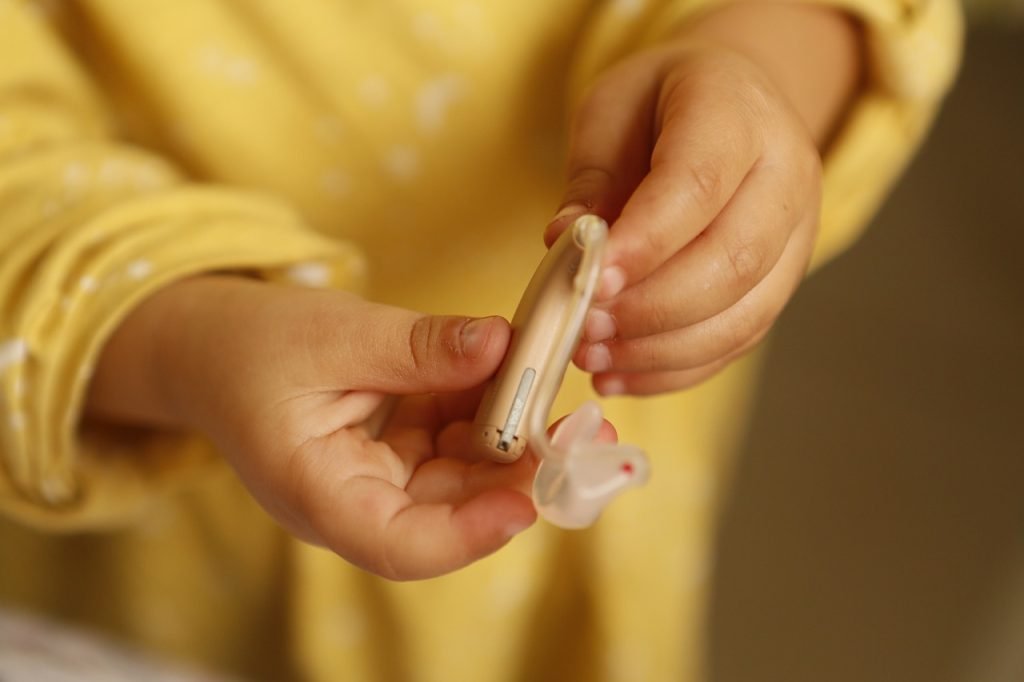Happy World Braille Day! Let’s celebrate the life and legacy of Louis Braille, who opened the doors of literacy and education for millions of people with his ingenious invention. ![]()
On this World Braille Day, let’s remember the words of Louis Braille: “Access to communication in the widest sense is access to knowledge, and that is vitally important for us if we are not to go on being despised or patronized by condescending sighted people. We do not need pity, nor do we need to be reminded that we are vulnerable. We must be treated as equals – and communication is the way we can bring this about.” ![]()
World Braille Day is a day to celebrate the power of reading and writing, and the amazing contribution of Louis Braille, who created a system of raised dots that can be felt with the fingertips. Braille is not just a code, but an assistive language of light and hope for many people around the world. ![]()
Are other Assistive Technologies available in Gilgit Baltistan?
The availability of other essential technologies such as hearing aids, speech-generating devices, and assistive language devices is notably deficient in Gilgit Baltistan. This deficiency is exacerbated by a paucity of financial resources allocated to initiatives addressing the needs of individuals with disabilities. Regrettably, both the general populace and educational institutions in the region demonstrate a lack of interest in integrating these technologies.
The imperative to advocate for equality within society is underscored by the prevailing inequities in access to assistive technologies. The marginalized position of disabled individuals, attributed to constrained financial resources and societal misconceptions, underscores the need for a more inclusive and discerning perspective. The question arises as to why individuals with disabilities are precluded from contributing meaningfully to societal discourse merely on the grounds of limited funding or understanding. Advocating for equal representation and influence for disabled individuals is not merely a matter of justice but also a necessity for fostering a truly inclusive and participatory society.



